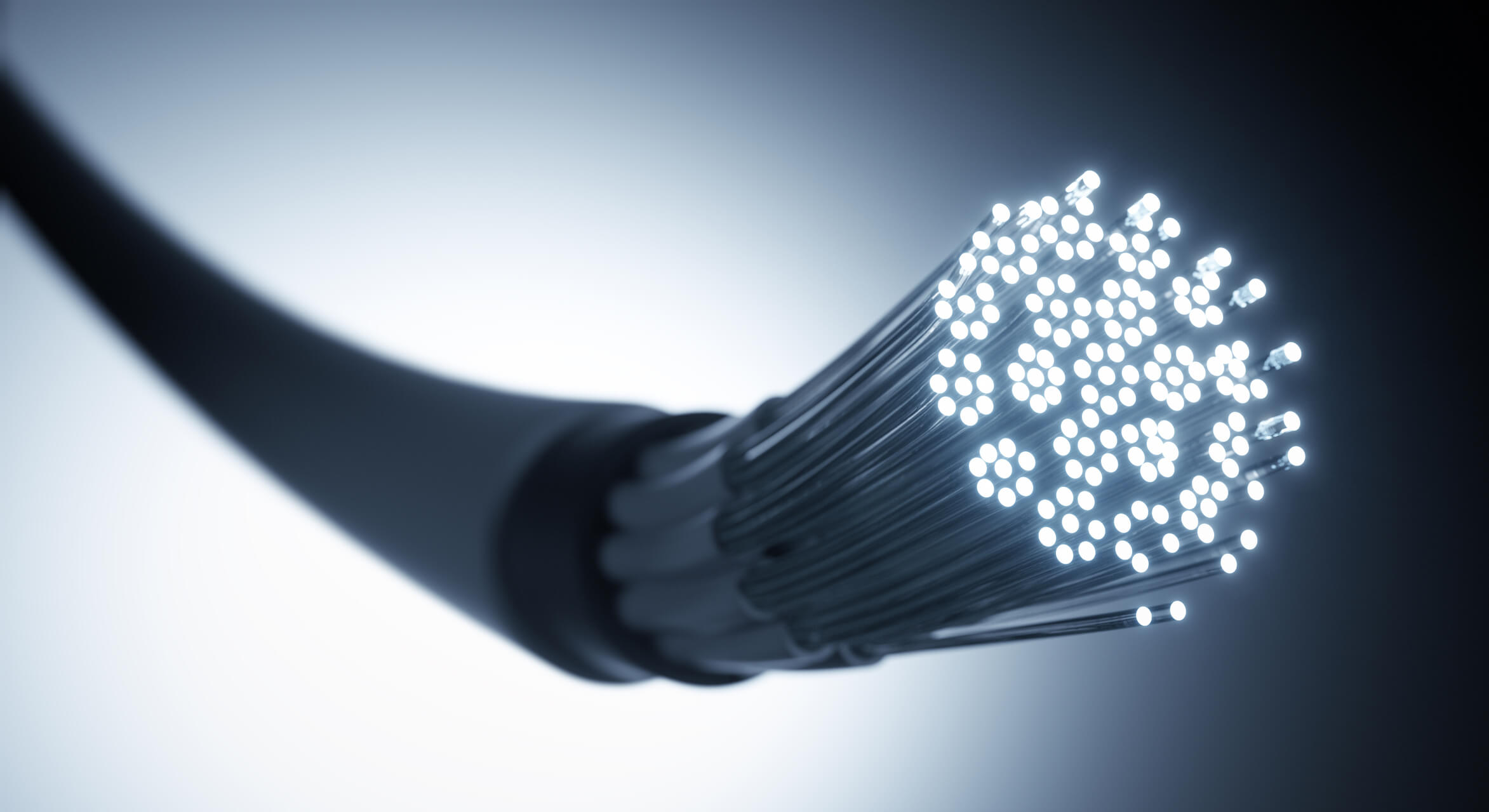Wave Farewell to Latency: Fiberoptic Internet's Benefits Explained
In the present swift online environment, a dependable online connection is no longer viewed as a privilege; it's an essential part of daily life. As an increasing number of households and businesses demand quick internet for everything from streaming videos and online gaming to telecommuting and connected devices, fiber internet has become as the leader in internet access. With its ability to deliver incredibly fast speeds and unparalleled reliability, fiber optic technology is changing the way we connect to the digital world.

But what precisely makes optical fiber internet so superior to traditional options like Digital Subscriber Line or cable? From high-definition video calls to seamless gaming experiences, the advantages of upgrading to fiber are numerous and enticing. In this article, we'll explore the top benefits of optical fiber internet and detail why upgrading is one of the best moves you can take in today's online age. Say goodbye to delays and irritation, and uncover the fiber edge that promises a quicker, smoother, and smarter online experience.
Key Advantages of Fiber Optic Internet
Fiber internet is transforming the way we access the internet, boasting unparalleled velocity and dependability. One of the key benefits is its ability to provide symmetrical download and upload speeds, allowing that users experience the same fast speeds for both downloading and sending data. This aspect is particularly beneficial for employees who rely on cloud services, big file transfers, or simultaneous video uploads, as fiber allows effortless multitasking without interruptions.
Another important benefit of fiber internet is its reduced latency, which translates to immediate responsiveness. This feature is essential for tasks such as gaming online and video calls, where each fraction of a second counts. With fiber's advanced capabilities, users can enjoy more fluid interactions, removing breaks during crucial times. As a outcome, families can stream their preferred shows or engage in video calls without the frustration of buffering or dropouts.
In addition, fiber optic internet offers impressive reliability, maintaining steady performance regardless of weather conditions. Unlike conventional cables that may suffer from interference, fiber is unaffected by electromagnetic disruptions, ensuring a stable connection year-round. This consistency makes fiber an ideal choice for contemporary households and businesses that need continuous access to online services and applications, making it obvious why fiber internet is the next generation of connectivity.
Contrasting Fiber to Alternative Internet Options
Regarding selecting an internet service, many people typically weighing the possibilities between fiber internet, cable, and Digital Subscriber Line. Although FTTH is a well-liked choice for years, it often faces challenges with performance and consistency during peak usage times. This fluctuation can result in frustrating experiences, especially for tasks like video streaming and online gaming where a stable connection is crucial. In comparison, fiber internet provides fast speeds no matter the user load or the time of day, making it the better option for heavy internet use.
Digital Subscriber Line, on the other hand, utilizes outdated copper wire technology and generally provides lower download and upload speeds compared to fiber. As homes grow more linked, the need for high upload speeds is increasingly important, notably for remote work and video conferencing. Fiber internet not just delivers superior upload speeds, but it additionally offers a more stable connection, enhancing tasks from gaming to real-time streaming. This capability provides a smoother and efficient online performance that alternative services simply cannot match.
At the end of the day, the choice between fiber and other forms of internet boils down to reliability. Fiber optics embody the cutting edge of online connectivity technology, able to accommodating the needs of contemporary households, connected devices, and business operations. For those wanting to future-proof their internet connection and experience smooth performance during various tasks, transitioning to fiber internet is definitely the smart move.
Preparing for the Future of Your Internet Connection
In an ever-evolving digital landscape, investing in fiber internet guarantees that your connectivity remains robust and current. With the growing demand for fast internet sparked by advancements in technology, fiber infrastructure is seen as the optimal choice for future-proofing your web activities. Unlike traditional cable or DSL choices, fiber optics are built to handle faster speeds and bandwidth, allowing them to handling future innovations without issue.
As more households embrace smart home devices and as streaming services transition to ultra-high-definition formats, the need for reliable, high-speed internet becomes essential. Fiber internet’s features extend well beyond just quicker download speeds; they enable crystal-clear video calls, seamless online gaming, and uninterrupted streaming of 4K videos. This adaptability not only enhances recreational activities but also supports telecommuting and remote education, making sure families remain in touch without issues.
Moreover, fiber internet is not only about speed; it is also about stability. With minimal interference over long distances and robustness in various weather conditions, fiber internet is a trustworthy choice for both urban and rural areas. As technology advances and an increasing number of devices require internet access, households equipped with fiber optics will enjoy enhanced performance, positioning it as a crucial enhancement for modern living. This forward-thinking approach means you're not just responding to today’s demands, but also preparing for the digital challenges of tomorrow.